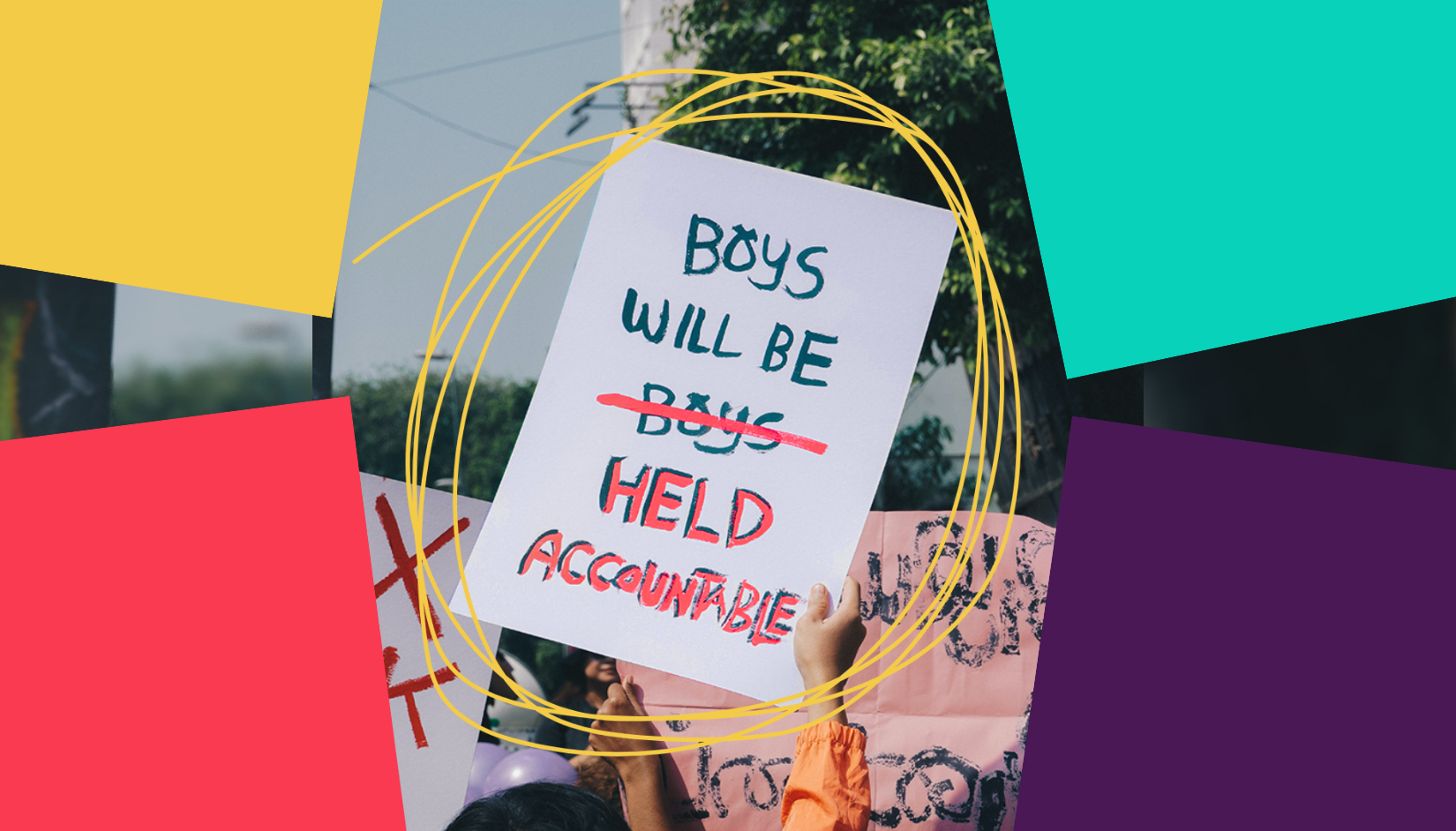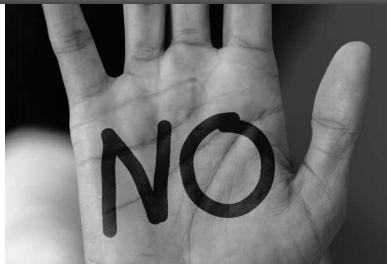 25 Nov
25 Nov
This strategy is launched after a particular spotlight on violence against women and girls following the murder of Sarah Everard, Bibaa Henry, Nicole Smallman and many others, and the outpouring of anger and distress from women which propelled a national conversation about women’s safety. The Home Office received more than 180,000 responses to the consultation on the strategy earlier in the year and have responded with measures including:
- A new national policing lead on Violence Against Women and Girls
- A £5 Million ‘Safety of Women at Night’ Fund
- Criminalising virginity testing
- Two new Violence Against Women and Girls Transport Champions
- A review of options to limit use of Non-Disclosure Agreements in cases of sexual harassment in higher education.
Responding to the Home Office press notice ahead of the full strategy publication, Andrea Simon, Director of End Violence Against Women Coalition says:
“The seriousness and scale of violence against women warrants radical change and a whole systems approach which has prevention at its heart. We welcome the recognition of this in the government’s new strategy.
A new top policing lead is a step which should be matched by a national strategic priority for police on VAWG, there should be accountability when police and prosecution responses fall way below the standards they should be, and immediate moves towards transforming the culture of our criminal justice system so that it is focused on investigating perpetrators not examining women’s credibility when they report rape.
Measures which reach across policing, health, education and transport are important to ensure tackling VAWG becomes everyone’s business. However, to make this a strategy that delivers change there must be accountability and the right level of funding that follows all aspects of the work: There is a distinct lack of resourcing here that cannot be ignored.”
The millions earmarked for a public attitudes campaign could make a real difference, women’s groups need to be consulted in the framing and delivery of this. We’ve seen this approach work in public health campaigns targeted at smoking and seatbelts for example – it moves us further towards addressing the root causes of harmful gender norms, sexism and misogyny which underpin male violence against women.
The strategy needs to be ambitious to properly address VAWG across society, it needs to be bold, it cannot claim to be transformative while papering over cracks. We need a strategy that can deliver what women and girls need and the government need to be accountable for what they claim it will achieve. The UK signed the Istanbul Convention 9 years ago, this announcement is yet another missed opportunity to finally ratify it.”
For the first time the practise of virginity testing will be addressed in the strategy, due to campaigning by specialist women’s organisations. Commenting on the wider support for life saving specialist women’s services, Andrea Simon said:
“We know the women’s support sector is underfunded and is increasingly under pressure to meet extraordinary levels of demand for services, which have risen during the Covid pandemic. Funding remains short term and that is devastating to the sector and the women they support, particularly smaller specialist organisations serving Black and minority ethnic, and migrant women, disabled survivors and others. The announcement of a 24/7 helpline to report sexual violence must be run by specialist sexual violence services, who are best placed to deliver wraparound, trauma-informed support to survivors.”
The strategy comes after a recent Ofsted review into sexual abuse in schools and colleges found 9 out of 10 girls had experienced sexist name calling and 92% of girls had been sent unsolicited explicit pictures or videos. There is a commitment to have Department for Education develop additional support to help teachers deliver the relationships, sex and health education curriculum effectively. Commenting on this Andrea Simon said:
“It is essential to get the education young people receive in schools on healthy and respectful relationships right. So, it is very concerning that the new curriculum in this area is not giving young people the information they need. Whilst the government has made relationships and sex education teaching a mandatory subject, they haven’t equipped schools to deliver it confidently. Teachers have not received sufficient training and there is no dedicated funding for experts in the specialist women’s sector who are best placed to deliver training on issues like consent in schools. This requires appropriate resourcing if we are to reverse the normalisation of harmful sexual behaviour in all education settings, which we are yet to see.”
Media information:
Spokespeople available for interview
EVAW Media line: 07960 744 502 Email: andrea.simon@evaw.org.uk / deniz.ugur@evaw.org.uk
Notes to editors:
Awaiting full publication of the VAWG strategy, more comment available when this is published.
Virginity testing campaign, Iranian, Kurdish, Women’s Rights Organisation (IKWRO)
EVAW response to Joint HIMCFRS and HMICPSI report on sexual violence
EVAW response to Ofsted Report on sexual abuse in schools and colleges
Recommended ARTICLES
 25 Nov
25 Nov
 15 Nov
15 Nov
 12 Nov
12 Nov

